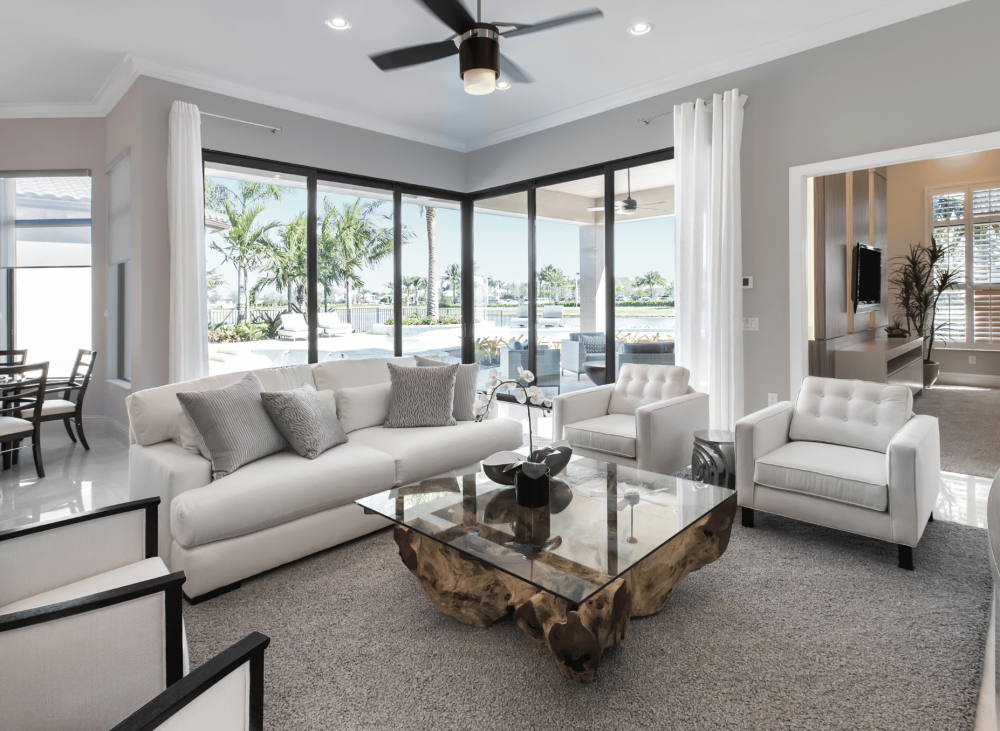
Whenever you make a significant investment, there’s always an element of risk. In the real estate market, that risk is the potential for the market to decline after you’ve made your purchase. It’s a situation that can cause anyone to break out in a cold sweat. But before you start to panic, it’s worth considering: why are you buying in the first place?
Understanding Your Motivation for Buying
Determining your motivation for buying is a crucial first step in addressing this concern. Generally, there are two main reasons why people buy real estate: either to make a profit or to secure a home.
Buying for Profit
Some people view real estate as an opportunity for investment. They buy properties with the aim of selling them at a higher price later on, or renting them out for a continuous income stream. In this scenario, a decline in the market can certainly be concerning. After all, if property values decrease, you might find yourself selling at a loss.
However, it’s important to remember that real estate is a long-term investment. While the market can fluctuate in the short term, it has historically shown a consistent upward trend over the long run. This means that even if the market declines shortly after your purchase, it’s likely to rebound given enough time.
Therefore, if you’re buying for profit, you need to be prepared for market volatility and have a long-term perspective. If you’re looking for quick returns, in an uncertain market, real estate might not be the most suitable investment for you if you cannot tolerate the risk that is inevitably involved.
Buying to Enjoy a Home
On the other hand, if you’re buying to enjoy a home, the dynamics change significantly. A home is more than just an investment. It’s a place where you build memories, find comfort, and live your life.
In this case, the most important question isn’t “What if the market declines after I buy?” but rather, “Can I afford this home?” If you can comfortably pay the mortgage, insurance, taxes, and maintenance costs, then short-term market fluctuations should not be a major concern.
Why? Because when you’re buying a home to live in, you’re not planning to sell in the near future. The value of your home in the next year or two is less relevant than in the next decade or two. Over the long run, real estate typically appreciates.
The Long-Run Trend of Real Estate
Historically, real estate has proven to be a resilient and profitable investment over the long run. Despite temporary dips and downturns, the overall trend of the real estate market has been upward.
This means that even if the market declines after you buy, it’s highly likely that it will eventually recover and exceed your initial purchase price. This is especially true if you hold onto your property for a significant period of time.
However, it’s important to note that while this trend is based on past performance, the future is unpredictable. There are countless factors that can influence the real estate market, and it’s impossible to predict with absolute certainty what will happen, think the 2008 housing crisis for some perspective.
Bottom Line
So, what if the market declines after you buy? If you’re buying to make a profit, a market decline might mean waiting a bit longer for your investment to pay off. But if you’re buying to enjoy a home, market fluctuations should not deter you from your purchase. The crucial factor is whether you can afford the home, not what the market might do in the short term.
Buying real estate is a significant decision, and it’s normal to have concerns about potential risks. But remember, whether you’re buying for profit or to enjoy a home, real estate has consistently proven to be a sound investment over the long run. So, take the time to understand your motivation for buying, assess your financial situation, and make an informed decision.
In the end, the most important thing is that you find a home that meets your needs and fits within your budget. After all, a home is much more than just a financial investment - it’s a place to live, grow, and create lasting memories.
If there is anything that I can do to help you in your home buying journey, don’t hesitate to contact me! I’m happy to share my perspective and market insight with you to help guide you to the best choice for you and your family!


